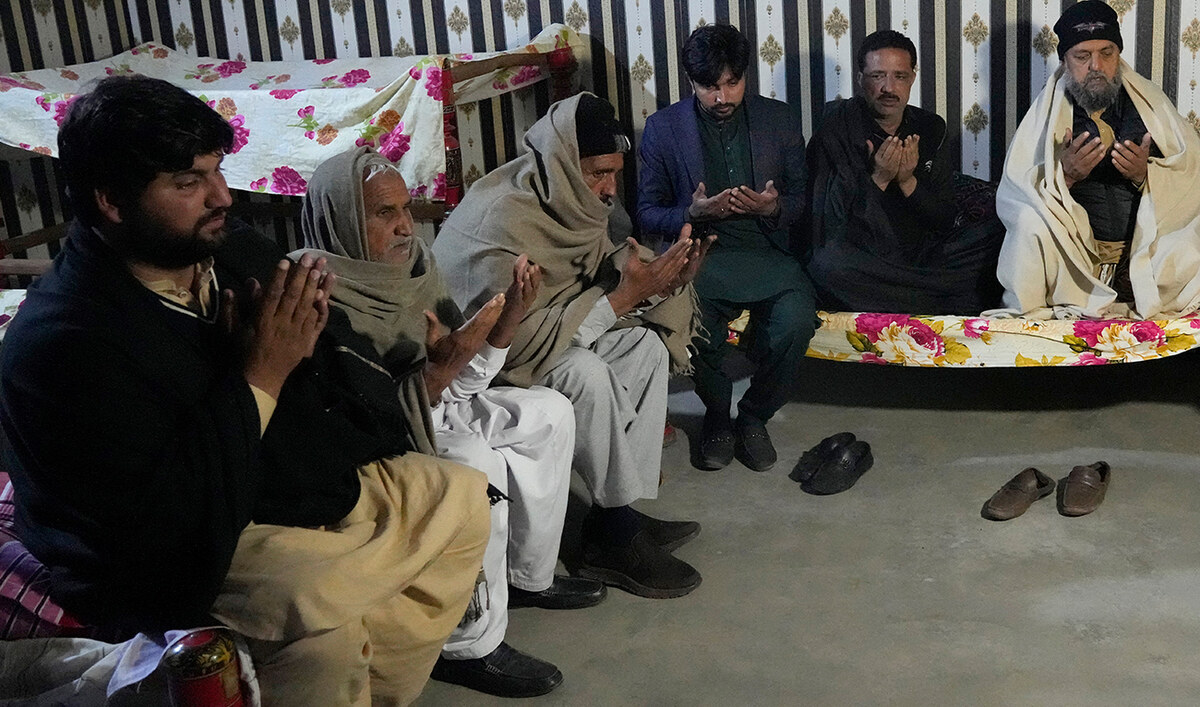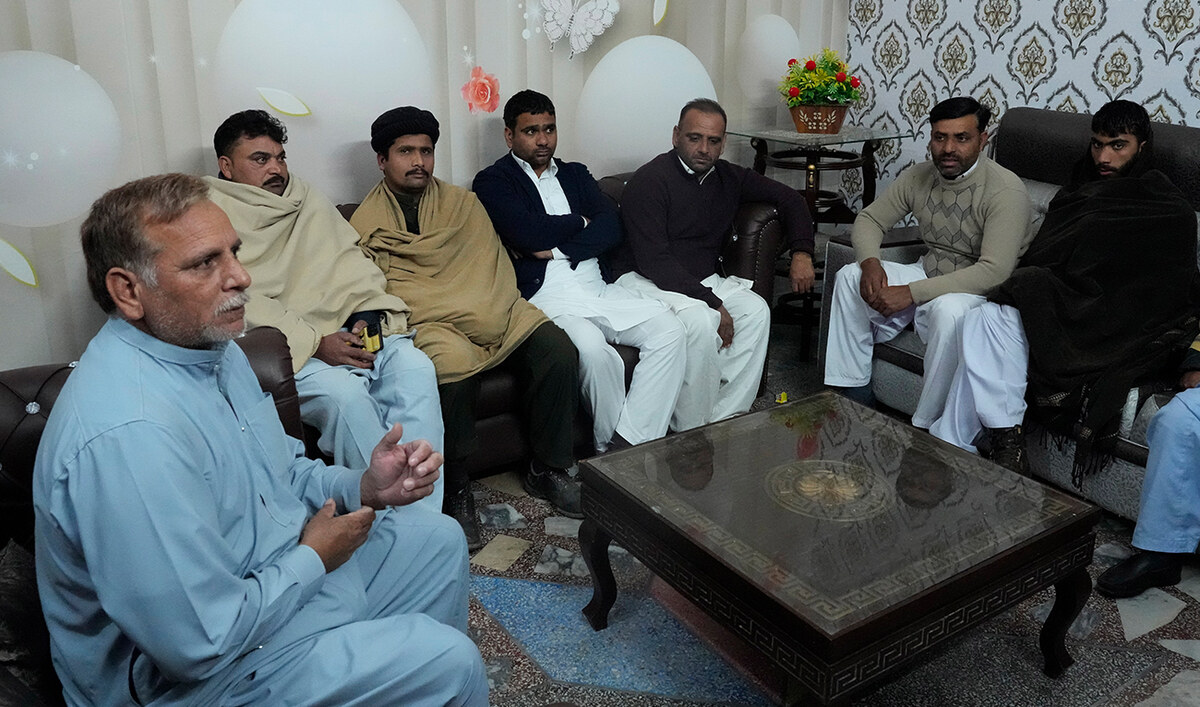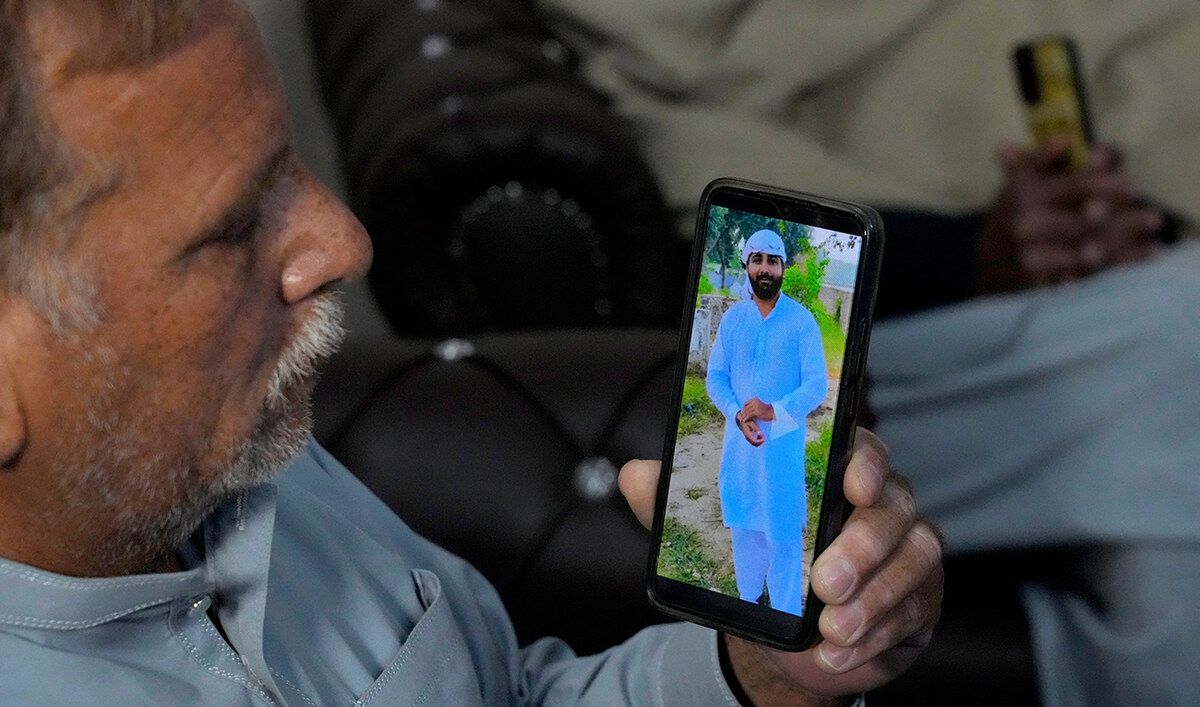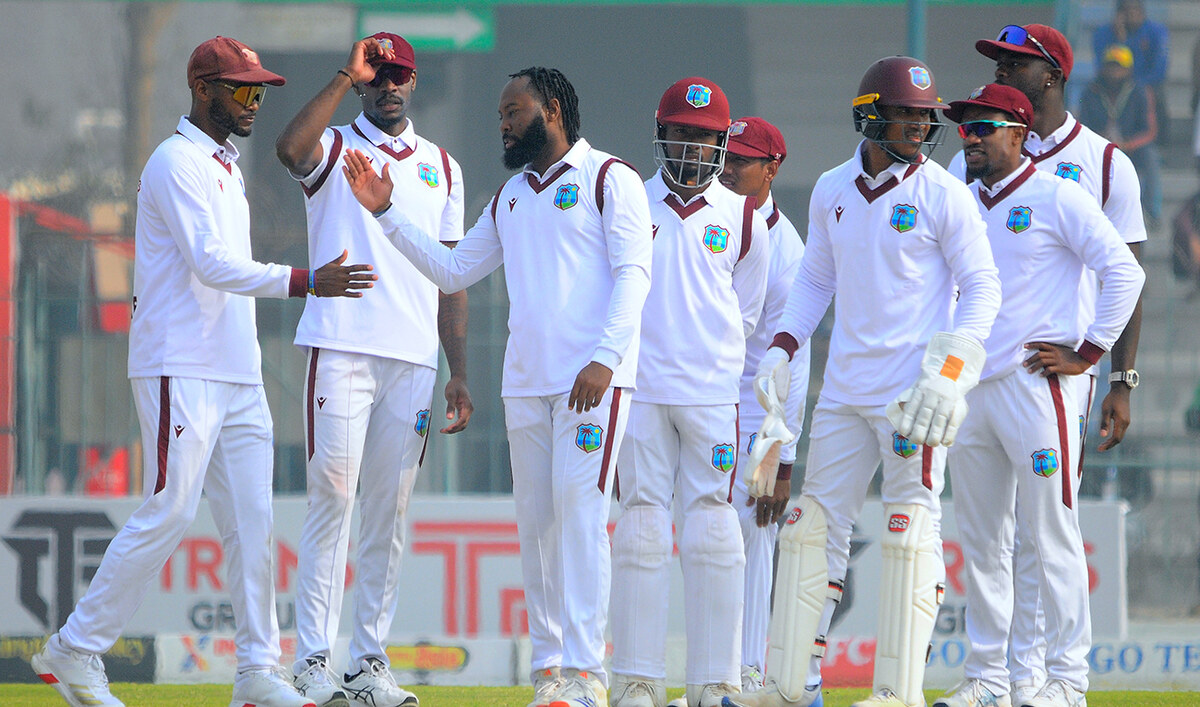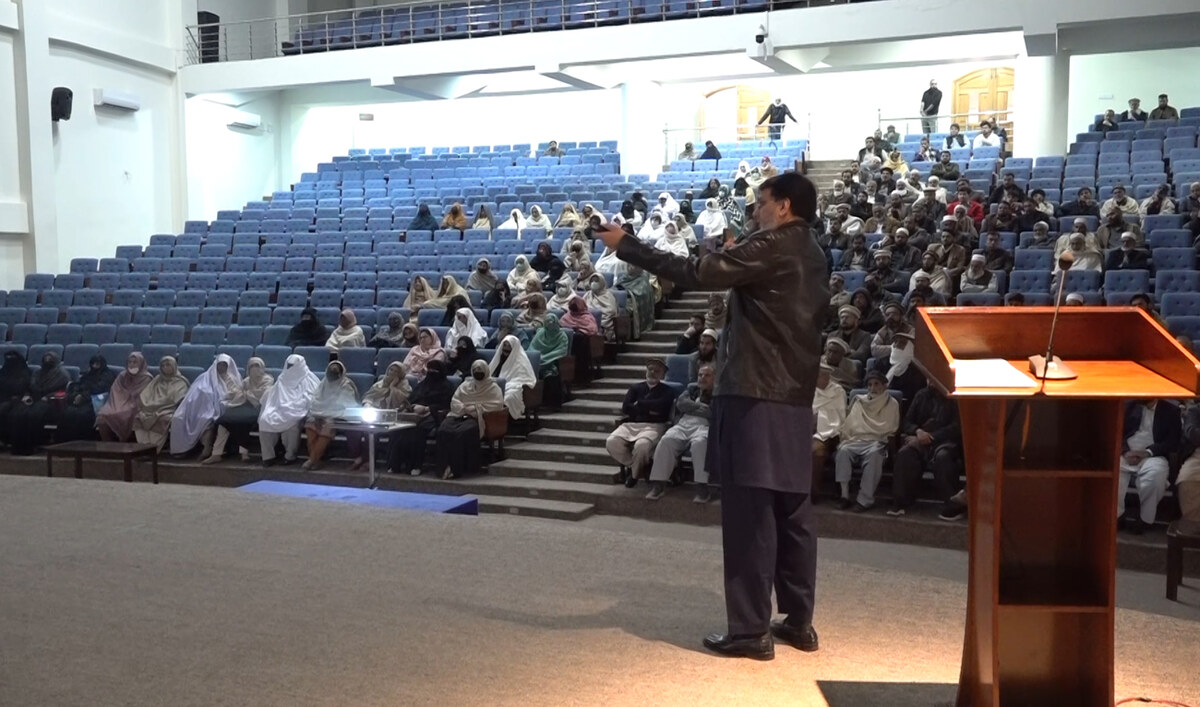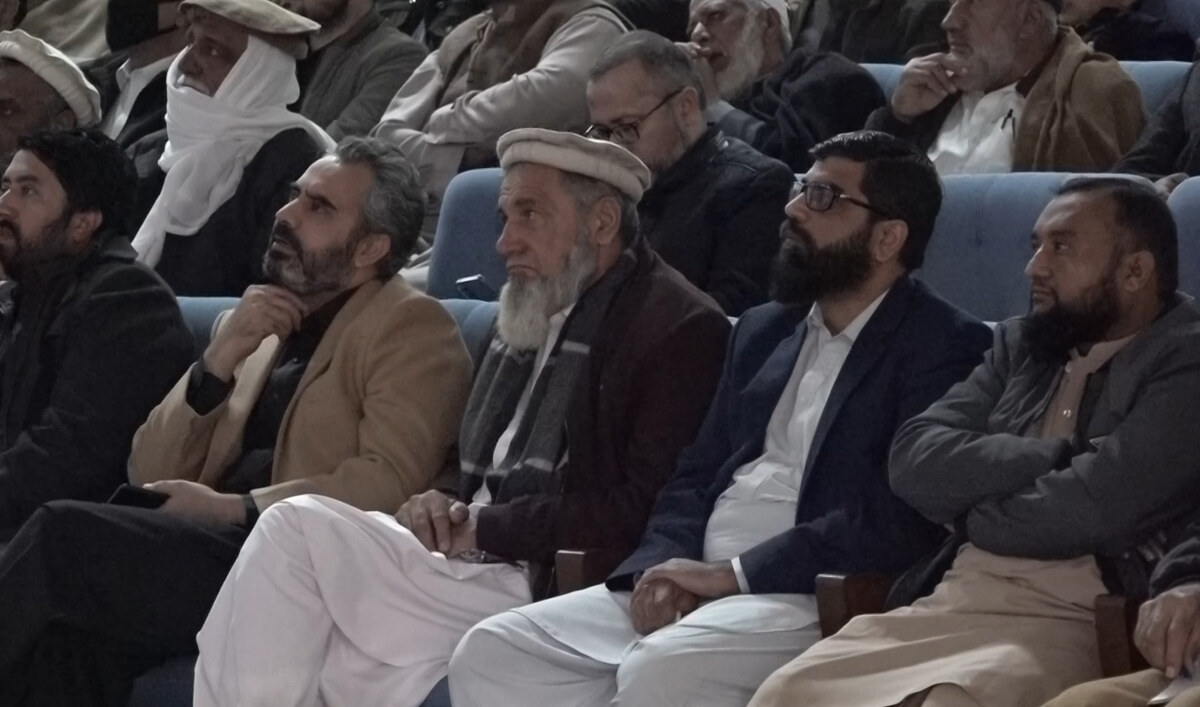ISLAMABAD: The chief justice of Pakistan on Monday constituted a seven-member bench to start hearings from Wednesday in a case involving allegations by six Islamabad High Court judges of interference and intimidation by the country’s powerful intelligence agencies in judicial decisions, the court roster showed.
In a letter addressed to the Supreme Judicial Council watchdog last week, six judges accused the military’s Inter-Services Intelligence agency (ISI), the country’s main spy agency, of intimidating and coercing them over legal cases.
The judges provided various examples of alleged interference, including a case concerning Pakistan’s imprisoned former prime minister Imran Khan. The letter also mentioned incidents where the judges said their relatives were abducted and tortured and their homes were secretly surveilled, aiming to coerce them into delivering favorable judgments in specific cases.
“Court roster for Wednesday 3rd April 2024 in the matter of letter dated 25 March 2024 of the six judges of the Islamabad High Court,” the notice said, naming the seven-member bench headed by Chief Justice Qazi Faez Isa.
Others on the panel are Justices Syed Mansoor Ali Shah, Yahya Afridi, Jamal Khan Mandokhail, Athar Minallah, Musarrat Hilali and Naeem Akhtar Afghan.
Last Thursday, Prime Minister Shehbaz Sharif and Chief Justice Isa met to discuss the matter and nominated ex-chief justice Tassaduq Hussain Jillani to head a government inquiry commission.
But on Monday, in a letter to Sharif seen by Arab News, Jillani recused himself from the commission and said the matter should be probed by the Supreme Judicial Council or the Supreme Court itself.
On Sunday, over 300 lawyers had urged the Supreme Court to take suo motu notice of the allegations leveled by the IHC judges, saying a government-headed commission would lack the power to hold an independent inquiry.
In the past, Imran Khan’s main opponent, PM Sharif’s Pakistan Muslim League-Nawaz (PML-N), had also accused the ISI of intimidating court decisions, including those that led to convictions of his elder brother Nawaz Sharif after his ouster from the prime minister’s office in 2017.
The powerful army plays an oversized role in making and breaking governments in Pakistan. The country has been ruled by military regimes for almost half its history since independence from Britain in 1947. Khan and the elder Sharif both have alleged that they were ousted by the military after they fell out with the generals.
The army denies it interferes in political matters. It has so far refrained from commenting on the judges’ letter.






